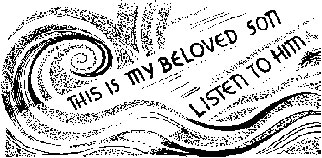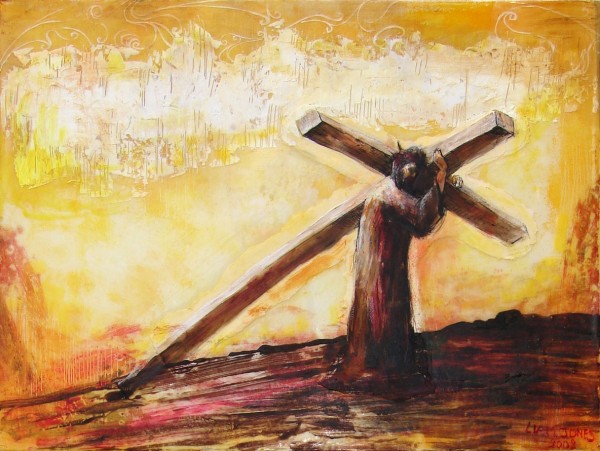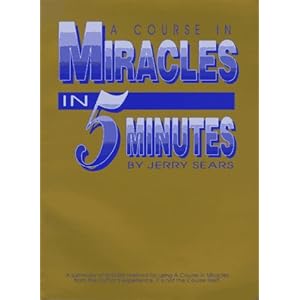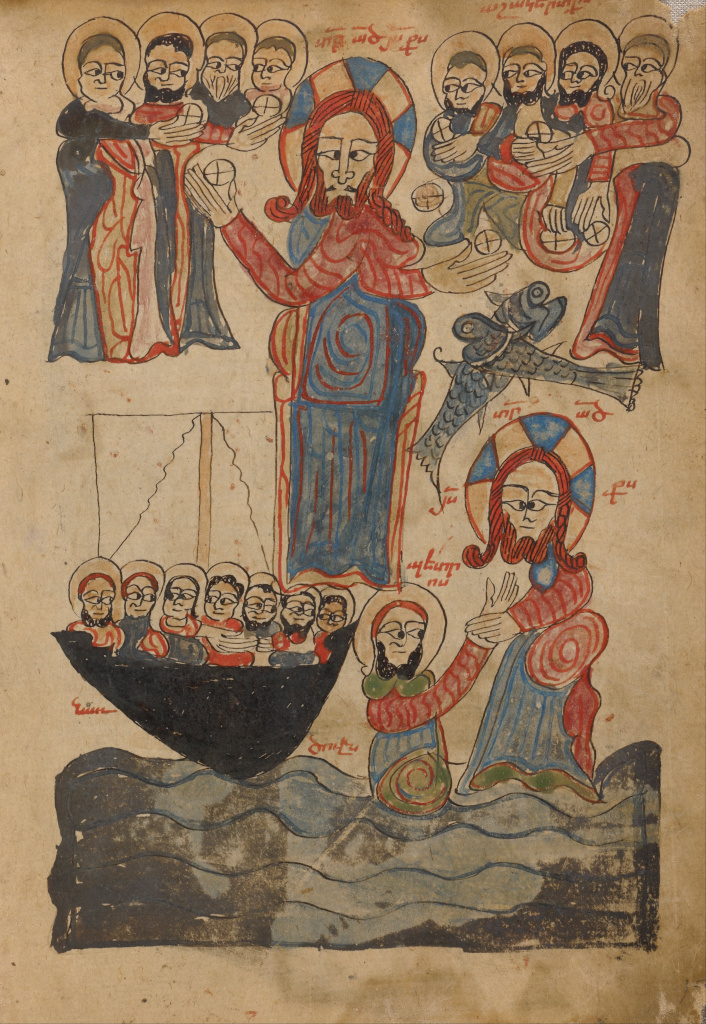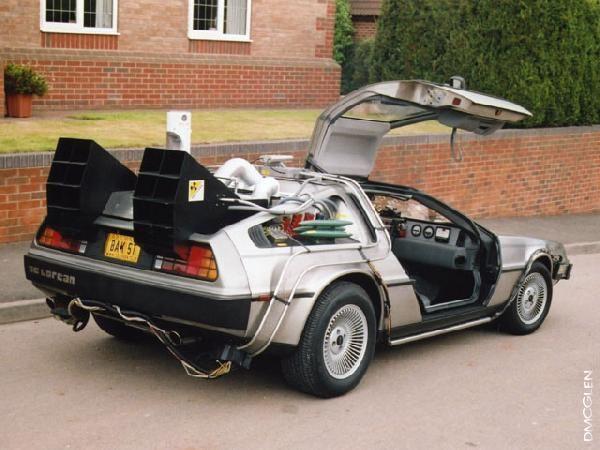Jesus
had just revealed to his disciples his most important secret—that he was the
coming king that had been promised, but that he would be killed before the
end. At this point the disciples might
doubt that he really is the king. But he
gave them convincing proofs that he really was the king, the coming
Messiah. Jesus had said to the
disciples and the crowd, “There are some of you standing here that will not die
before you see the kingdom coming with power.”
This excited people, because they thought he meant that the end would
come before the end of their lifetimes.
But Jesus meant something different than what they thought.
Six days after Jesus declared to the
disciples his plan to conquer by death, he told his three closest
disciples—Simon Peter, James and John—to follow him while the rest stay
behind. The three followed him up a
steep hill, where there was no one else.
The three looked around, and they saw Moses and Elijah there, waiting
for Jesus. They looked at Jesus and saw
that his whole appearance had changed—he was shining and his clothes were
brilliant, whiter than anyone could clean it.
They realized that they weren’t seeing Jesus on earth, but Jesus as he
really is in heaven.
The three were so stunned that they
couldn’t speak. Jesus was speaking to
Moses and Elijah about the coming events to happen in Jerusalem
Suddenly, the Father’s voice came out of heaven and
spoke to Simon, “This is my beloved Son, listen to him!” In an instant, Moses and Elijah was gone and
Jesus was alone with them and he looked like his usual self. Jesus then told them that they should tell no
one about this experience until he had risen from the dead.
As they were walking toward the rest of the twelve,
they noticed that there was some commotion around them. As Jesus drew near, some people ran up to
him, saying, “Master, we are glad you’re here.
A man brought his son to the disciples to be healed and they couldn’t do
it.” The disciples were having a
discussion with some scribes about the matter.
Jesus came up to them and asked, “What’s going on?” They said that there was a boy with a demonic
spirit, but they couldn’t cast it out.
Jesus went to the father and said, “What’s wrong
with him?” The man replied, “My son has
been attacked by an evil spirit for years.
He is mute and will have seizures.
But the seizures aren’t just arbitrary.
They would throw him into fire, or into water to drown him. If it is possible, please heal him.” Jesus said, “If it is possible?
Everything is possible to one who believes.” The man replied, “I do believe, but please
help me in my unbelief.”
Jesus would have talked to him more, but a large
crowd was coming, so Jesus acted quickly in order to keep the matter
private. He commanded the demon to be
gone, and the boy began having a seizure.
Suddenly, he stopped and he lay still, as if dead. Everyone stared at the boy, waiting to see if
anything would happen. Then, slowly, the
boy got up normally, and he was fine.
The disciples later came to Jesus and asked, “Why
couldn’t we heal him?” Jesus said,
“Well, that demon was especially difficult.
It could only come out by prayer.
But, like I said, anything is possible to the one who is faithful to
God. If you have only as much faith as a
mustard seed, you can say to a mountain, ‘Be thrown into the sea’ and it would
happen. So pray and have faith and whatever
you ask for will be granted to you.
“And one more thing, if you want your prayers to be
heard, forgive. You have all sinned
before the Father, and you want him to forgive you. But if you don’t forgive others from your
heart, then the Father will not hear you.
Once there was a slave who owed his king a huge debt—over a hundred
thousand dollars. The slave asked the
king for mercy, and the king forgave him the debt. But that same slave had another slave who
owed him twenty bucks and he insisted that his fellow slave pay him. His fellow slave asked for mercy and more
time to pay. The first slave refused and
put him in prison. When the king heard
about this, he withdrew his mercy on his slave and said, ‘If you were to show
gratitude to me for my mercy, you should have forgiven your fellow slave.’ The
king had the first slave thrown in jail until he paid his whole debt. Even so, if you do not forgive those around
you, the Father will not forgive you.”

